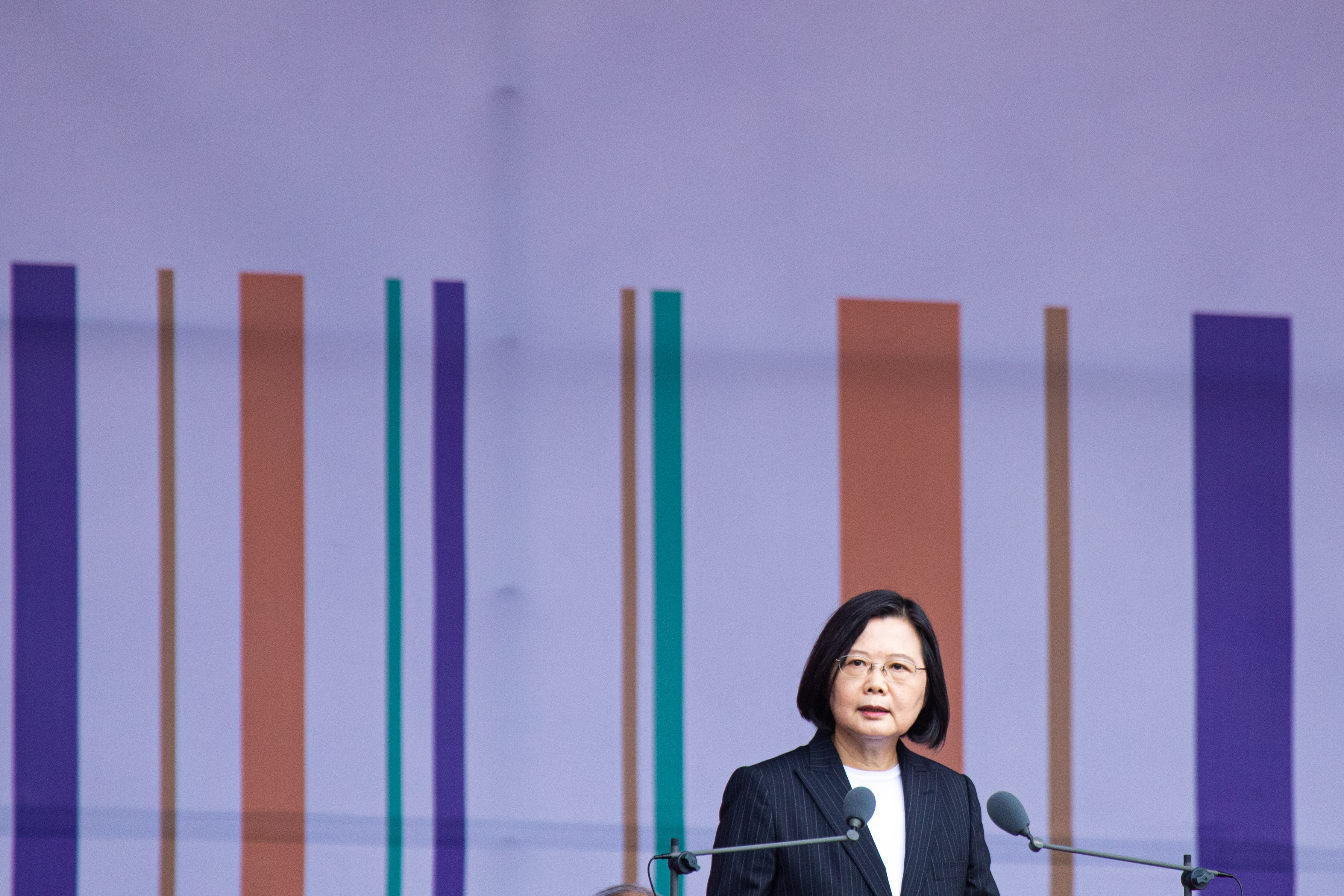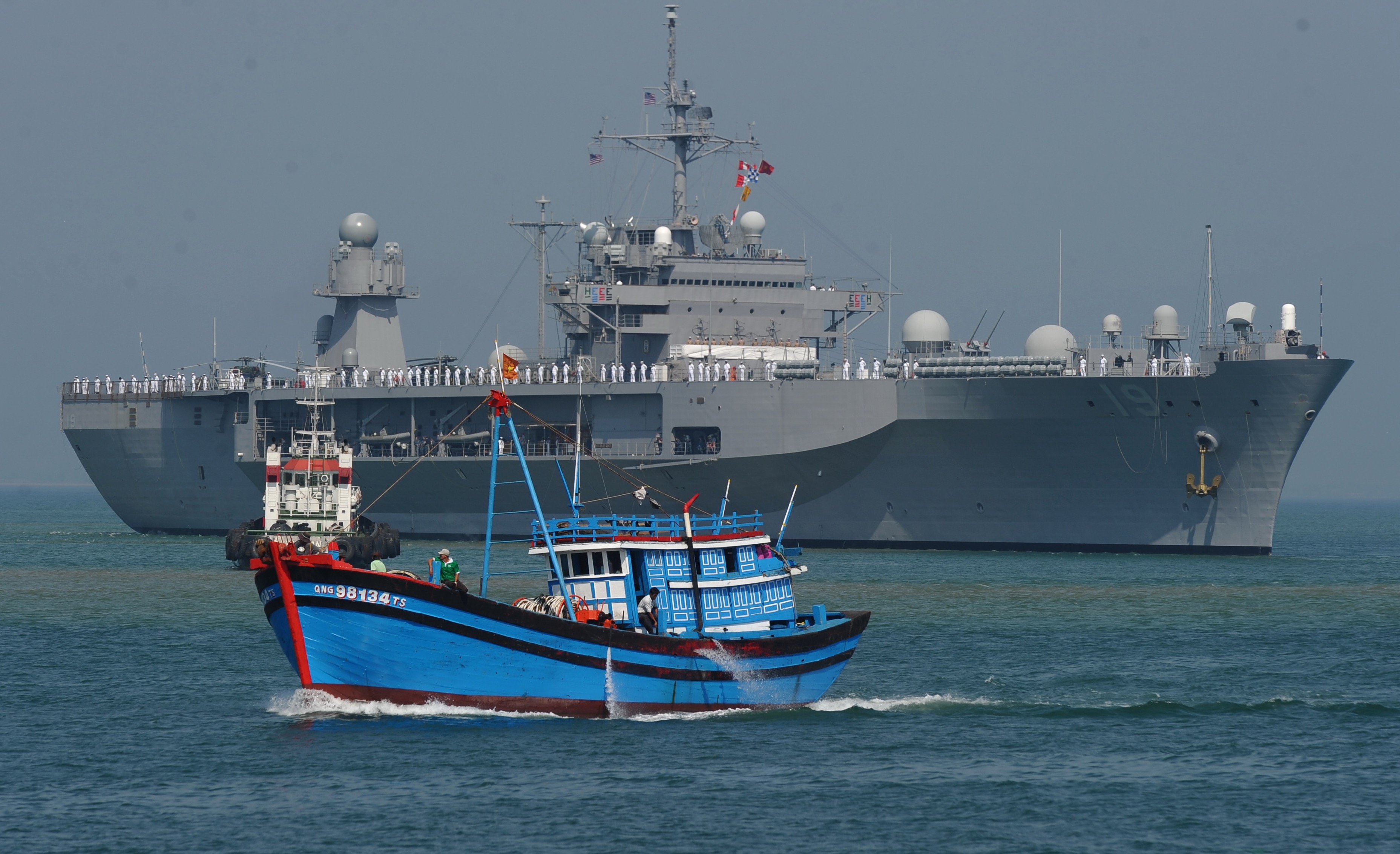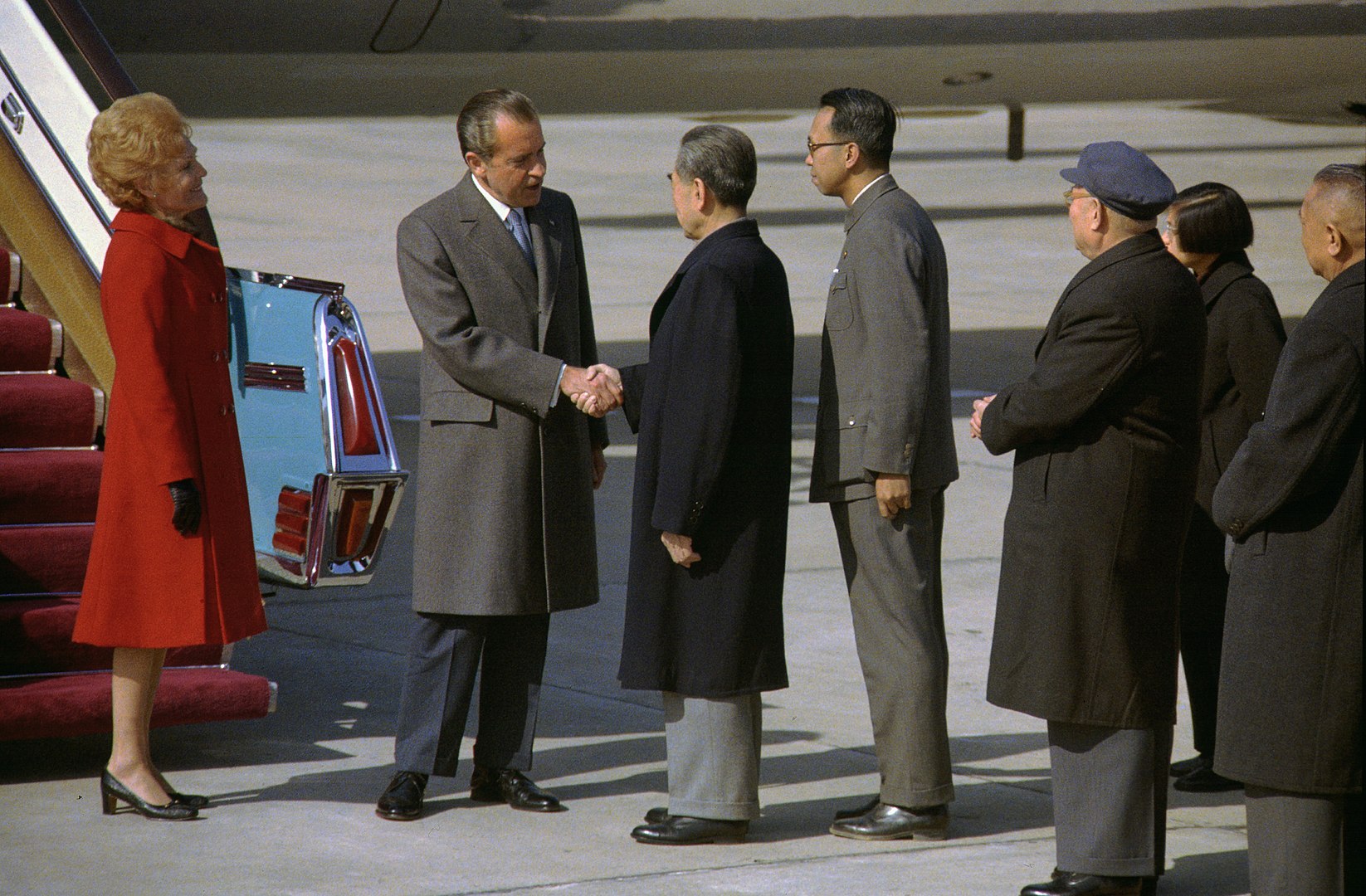
Politics & Society
Australia needs to embrace ‘Asianness’ as part of ‘Australianness’

Australia’s Prime Minister has been criticised for referring to “one country, two systems” in relation to Taiwan, which isn’t Australia’s policy. Now isn’t the time to send mixed signals
Published 17 May 2021
Australian Prime Minister Scott Morrison has doubled down on his off-the-cuff remarks earlier this month when he appeared to misstate Australia’s policy on Taiwan as being “one country, two systems”.
Actually, that’s China’s policy.

A spokesperson has clarified that Australia maintains a one-China policy on Taiwan – meaning it doesn’t recognise the self-governing island as a state but maintains close and positive unofficial ties.
So, what positions do different countries take on Taiwan? And what do the Taiwanese themselves want?

Politics & Society
Australia needs to embrace ‘Asianness’ as part of ‘Australianness’
The current situation is a relic of the 1940s when the Nationalists and Communists fought for control of China. The Nationalists lost the civil war and retreated to Taiwan.
To this day, the government in Taiwan – officially the Republic of China (ROC) – claims all the territory of China while, in reality, it just governs Taiwan.
Over the last 72 years, Taiwan has developed its own identity as a distinct place.
Opinion polling in Taiwan shows that only a minority support reunification, even under ideal economic, social and political conditions.
The majority would prefer independence, with two-thirds supporting this if Taiwan could maintain peaceful relations with the People’s Republic of China (PRC). Almost 50 per cent still think Taiwan should declare independence, even if this would lead to an attack.

And an armed conflict is always possible.
Taiwan is one of Asia’s flashpoints with The Economist recently describing it as “the most dangerous place on earth.”
The PRC regards Taiwan as a break-away province and has explicitly said it reserves the option of using force. Beijing is opposed to anything that suggests that Taiwan is an independent country, right down to the seemingly trivial.

Arts & Culture
Matchmaking and marriage in modern China
The PRC uses “grey zone” tactics short of war – like incursions into Taiwan’s air zone and economic pressure – for two objectives: first, deterring Taiwan from declaring independence and, second, pressuring it to negotiate on reunification in the longer-term.
Tensions tend to be higher at times, like now, when Taiwan’s government is led by the Democratic Progressive Party, which is considered more independence-minded.
So, what about other countries?
Given that both the Republic of China and People’s Republic of China claim the same territory, countries around the world have had to decide which one to recognise.
Not surprisingly, almost all have chosen the PRC, with now only 15 countries recognising the ROC, many of which are small island states.

Like the majority, Australia recognises the PRC. At the same time it maintains friendly non-official relations. The Australian Office Taipei focuses on trade and investment, education, tourism and people-to-people ties.
The United States also recognises the PRC, switching its diplomatic recognition in 1979.
However, the US Congress passed the Taiwan Relations Act saying it is US policy that the future of Taiwan will be determined by peaceful means.

Politics & Society
Diplomacy at a distance
This isn’t a treaty obligation, so there’s some ambiguity about what the US would do if Taiwan were attacked. The aim of the ambiguity has been that Taiwan won’t be tempted to declare independence (since it’s not absolutely sure that the US will support it), while China will be deterred from resolving the situation by force (since it’s not absolutely sure that the US won’t).
It’s been in everyone’s interests to avoid direct confrontation given that a conflict across the Taiwan Strait could become a war between nuclear armed powers.
The status quo is better than other scenarios, which is why it has been broadly stable for so long. China has felt it can afford to be patient and use political means to promote reunification, with the date of 2049 – the centenary of the founding of the PRC – sometimes discussed as a target date.
But President Xi Jinping has moved this forward, saying the Taiwan issue shouldn’t be passed down generation after generation.

In recent months, there have been record incursions into Taiwan’s Air Defence Identification Zone and navy drills off the coast. This means more chance of accident and potential escalation into a conflict from which no one is willing to back down.
At the same time, US public opinion on China has soured markedly. There’s debate in the United States around the policy of strategic ambiguity and calls for the US to make explicit whether it would respond to any use of force.

Education
The soft power of education
With Taiwan’s political status so difficult to resolve, countries that consider themselves supporters of Taiwan should do two things.
First, they should state clearly that any use of force is unacceptable.
Taiwan’s Ministry of Foreign Affairs calls on like-minded democratic partners to “jointly work to stop provocative actions by any country that would attempt to change the status quo by non-peaceful means.”
Second, they should work to give Taiwan more international space.
The PRC currently blocks Taiwan from membership of bodies like the World Health Assembly. Taiwan has launched an international campaign #LetTaiwanHelp arguing that Taiwan has much to share. Foreign Minister Wu has thanked Australia for supporting Taiwan’s international participation.

Looking ahead, there’s no obvious resolution.
The vast majority of Taiwanese don’t want reunification with the PRC on the terms they are likely to be offered, but no PRC leader can afford to be the one who lost Taiwan.
While the PRC has invested hugely in military modernisation in order to be able take control of what it calls the “first island chain”, this course of action still involves huge risk and is only likely if it considers itself provoked – not least because Chinese public opinion would see ‘Chinese killing Chinese’ as abhorrent.

Politics & Society
Asia’s most eligible cities
If any solution were to be found, it would likely involve some creativity and finessing around ideas of sovereignty.
With the status of Taiwan what it is, staying steady on message that there can be no use of force is the safest course of action.
And Australia shouldn’t be sending any signals that its policy has changed.
Melissa Conley Tyler is currently in Taiwan as a Visiting Fellow at the Institute of National Defense and Security Research funded by a Ministry of Foreign Affairs Taiwan Fellowship.
Banner: Getty Images